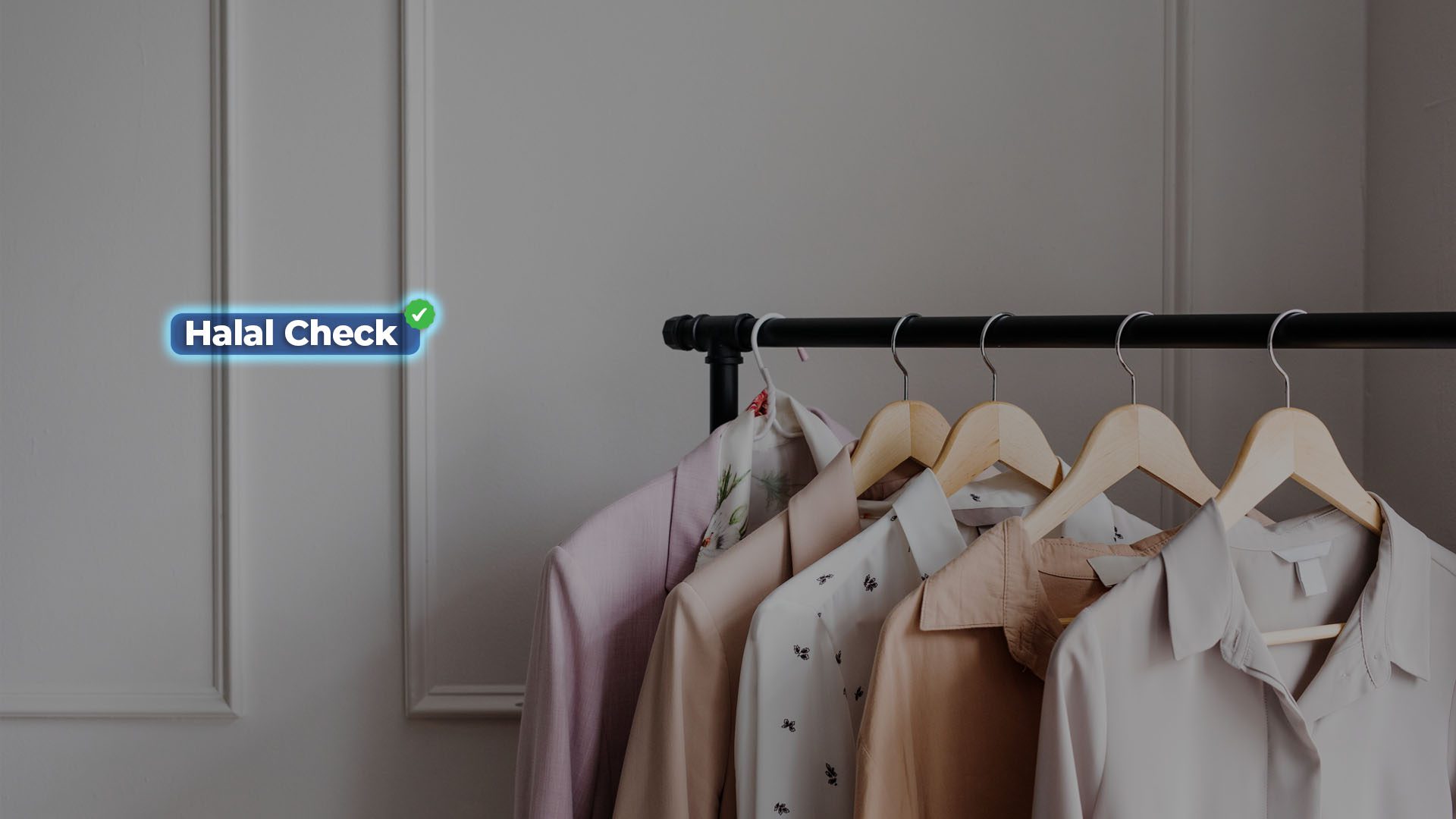In Indonesia, halal certification is a familiar and essential part of daily life. For the cosmetics industry, halal claims have become a crucial aspect for Muslim consumers.
This article explains the reasons why cosmetics should carry halal claims and offers tips on how to choose halal cosmetics. This will help consumers who want to use cosmetics without worrying about the halal status of the ingredients.
3 Reasons Why Cosmetics Should Have Halal Certification
When discussing the growing interest in halal cosmetics, it is important to understand the reasons behind this trend. Halal cosmetics are not only fulfilling the needs of Muslim consumers in Indonesia, but it is also vital to know why products in Indonesia must have halal certification.
Here are three important reasons why cosmetics should have halal certification:
- Daily Use of Cosmetics
The use of cosmetics in Indonesia has increased significantly in recent years, especially in the halal cosmetics sector, with the majority of consumers being Muslim women. Cosmetics have become an everyday commodity that users cannot do without, which is why it is crucial for cosmetics sold in Indonesia to have halal certification and claims. - Compliance with Government Regulations
The importance of halal certification for cosmetics is also due to government regulations. The certification of halal cosmetics is regulated under Law No. 33 of 2014. The government has set guidelines for halal certification, considering competitive advantages, the materials used in cosmetics, and other factors. Therefore, halal certification and claims are essential today. - Meeting Consumer Demand
As the number of cosmetic consumers in Indonesia grows, so does the demand for halal cosmetics. Muslim consumers are increasingly seeking products with halal certification, which guarantees that the products are free from haram (forbidden) ingredients, ensuring they are safe and permissible for daily use. For example, halal cosmetics do not invalidate wudhu (ablution), and they are made from materials that are not najis (impure), making them safe for Muslim consumers.
How Are Halal Cosmetics Tested?
Having understood why cosmetics need halal certification, let’s look at how halal cosmetics are tested. This process requires the expertise of a trusted certification body. Halal claims are not limited to whether something can be consumed; they also relate to the impact of the cosmetic product on the validity of a Muslim’s worship.
Testing for halal cosmetics focuses on whether the product is waterproof, allowing wudhu water to reach the skin layers, making it suitable for Muslim worship. Additionally, testing involves checking for alcohol or haram ingredients such as pork derivatives, using methods like chromatography, which separates phases based on molecular interactions.
To ensure clarity, it is essential to work with a competent halal certification body to conduct these tests.
4 Tips for Choosing Halal Cosmetics
For Muslim consumers looking to choose halal cosmetics, here are some useful tips based on official guidelines:
- Ensure Halal Logo on the Packaging
The first tip is to check for a halal logo on the packaging. This is the simplest way to ensure a product is halal. Consumers should check for the halal logo on the front or back of the packaging, making sure it matches the logo designated by the Halal Product Assurance Agency (BPJPH). If the logo is present, the product is free from non-halal or impure ingredients. If the logo is absent, consumers can verify the product’s halal status through the halal verification portal (info.halal.go.id). - Check the Ingredients Composition
Consumers should also pay attention to the ingredients in the cosmetic product. Halal-certified cosmetics should contain natural plant-based materials such as herbs, roots, flowers, and fruits. However, some ingredients may be halal even though they are not permissible to consume, such as worms, snails, silkworms, and placenta from halal animals. - Read Product Reviews
Checking reviews is another useful tip when selecting halal cosmetics. The beauty industry is vast and easily accessible, and online reviews on platforms like YouTube, TikTok, and other social media can provide insights into the quality of the product. - Choose Products with BPOM Approval
Opting for products that are approved by BPOM (National Agency of Drug and Food Control) ensures that the product has passed safety evaluations and meets the required standards. Halal certification ensures that the product is safe for Muslim consumers, while BPOM approval guarantees the product’s overall quality.
In conclusion, it is crucial for cosmetic products to have halal certification and claims, especially in a Muslim-majority country like Indonesia. While cosmetics are not ingested, it is important that the materials used are safe, halal, and do not affect religious practices. Halal certification is issued by BPJPH based on the fatwa of MUI (Indonesian Ulema Council), and the certification process is carried out by trusted Halal Inspection Bodies (LPH). SUCOFINDO is one such competent and reliable body that can assist cosmetic companies in certifying their products.
Choosing halal-certified cosmetics is essential for ensuring both ethical and religious compliance while maintaining product safety and quality.







